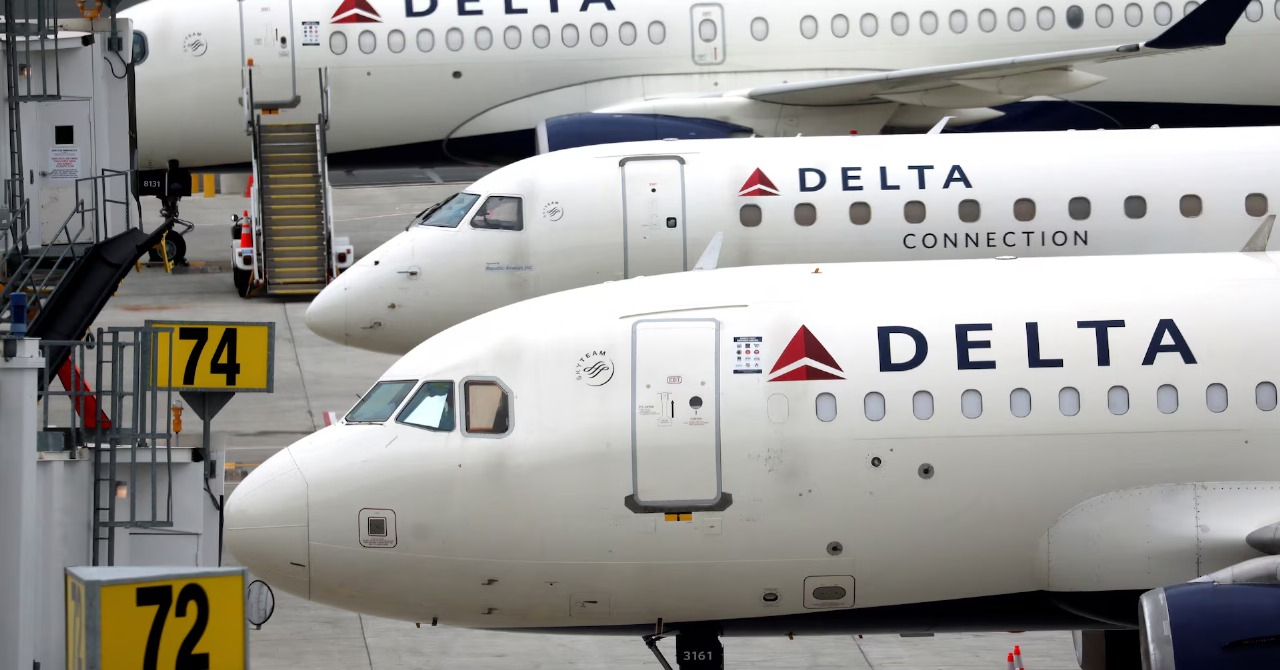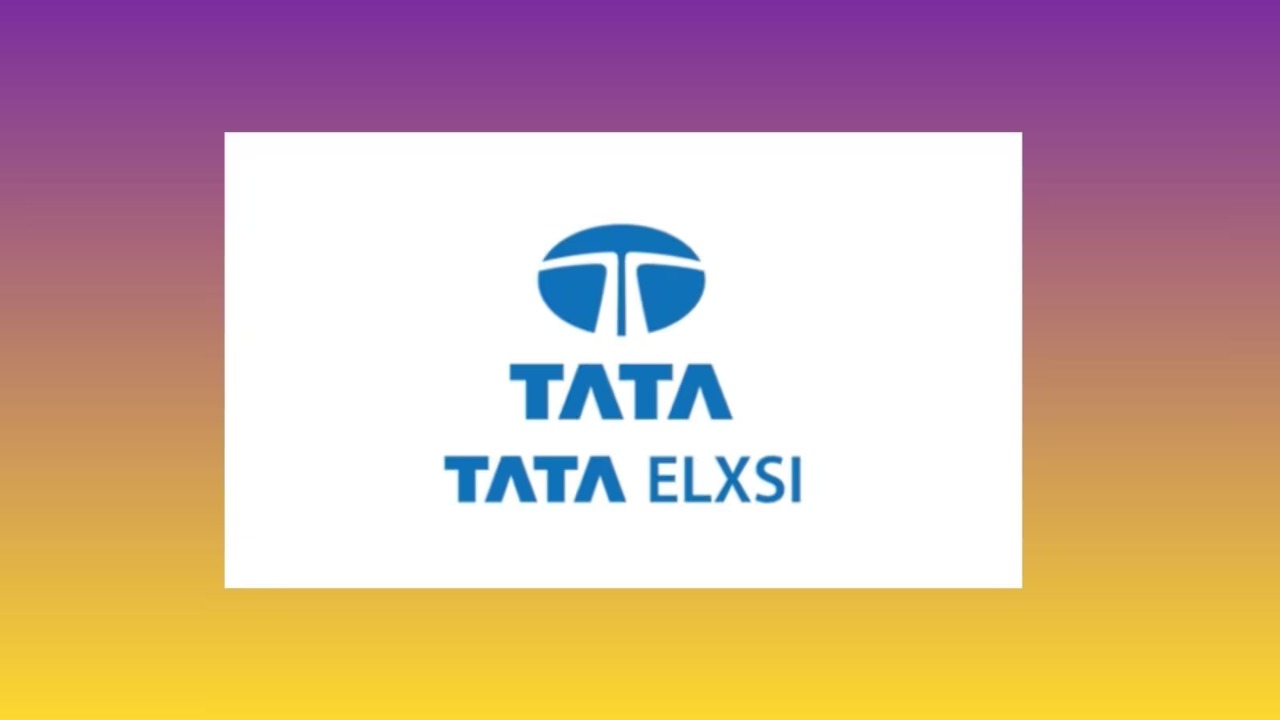Delta Air Lines projects a bullish outlook driven by rising airfares and a solid rebound in travel demand. Strategic cost management, fleet modernization, and strong loyalty revenues underpin confidence in sustained profitability and robust cash flow growth despite ongoing industry headwinds.
Delta Air Lines' Bullish Outlook on Pricing and Demand Recovery
Delta Air Lines has expressed an optimistic view of its near-term and long-term prospects amid a recovering travel market. The airline anticipates higher average fares, supported by increasing demand across both domestic and international routes, positioning Delta to capitalize on improving industry conditions.
Delta’s focus on premium travel segments and loyalty programs remains central to its strategy, as these areas have demonstrated resilient growth and higher profitability. The company continues to retire older aircraft, replacing them with newer, more fuel-efficient models, enhancing operational efficiency and supporting sustainability goals.
Notable updates:
Delta projects Q3 revenue around $15.04 billion, buoyed by stronger fare realization and improved travel volumes.
Earnings per share forecast for Q3 stands between $1.25 and $1.75, reflecting expected operational resilience.
Loyalty revenue has grown approximately 8% year-over-year, driven by co-branded credit card partnerships and customer engagement initiatives.
The premium cabin segment saw a 5% revenue increase, reinforcing strong demand for high-end services.
Fleet renewal efforts improved fuel efficiency by 28% per seat mile since 2019, aiding cost control and environmental impact reduction.
Major takeaways:
Delta’s diversified revenue sources—with a focus on premium travel and loyalty programs—mitigate risks from fluctuating ticket volumes.
Operational excellence, measured by on-time performance and route optimization, enhances customer satisfaction and cost efficiencies.
Financial discipline continues, with initiatives targeting debt reduction and strong free cash flow generation.
Sustainability efforts, including shifts to sustainable aviation fuel and carbon emissions management, support long-term corporate responsibility.
Important points to note:
Industry-wide demand recovery backs Delta’s positive revenue and earnings guidance for 2025.
Careful capacity management helps avoid oversupply risks, unlike some competitors, preserving pricing power.
Analysts view Delta’s balanced strategy of premium service, cost control, and modern fleet investments as key to navigating post-pandemic challenges.
Delta’s outlook reflects confidence in growth fueled by consumer demand recovery, fare strength, and disciplined operational and financial management, signaling a promising year ahead for the airline.
Sources: Reuters, StreetInsider, Ainvest, Bloomberg, MarketBeat.






